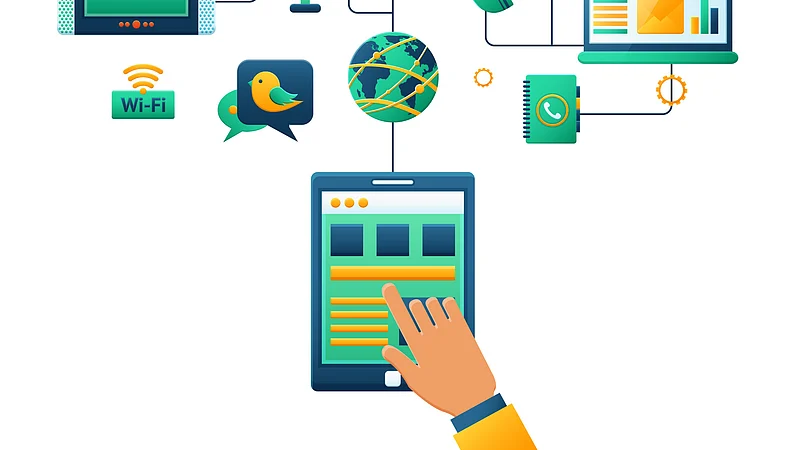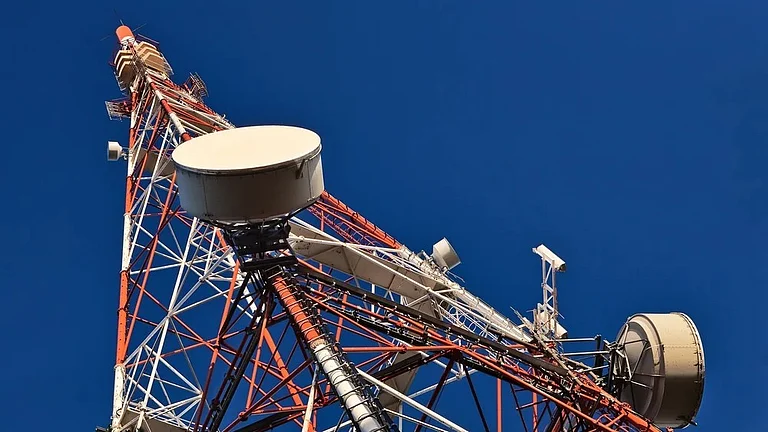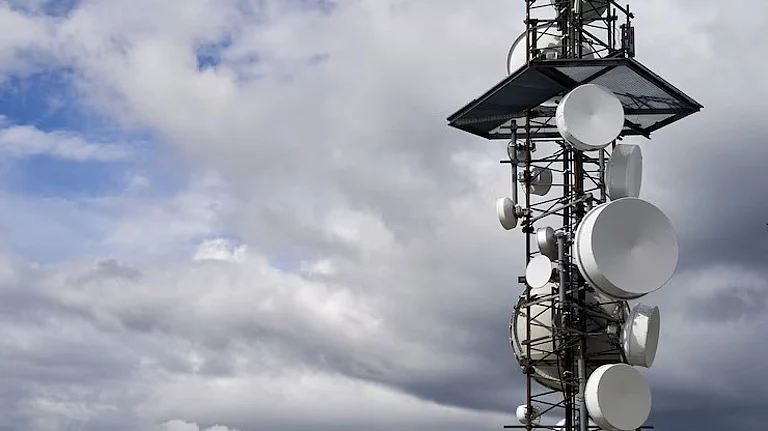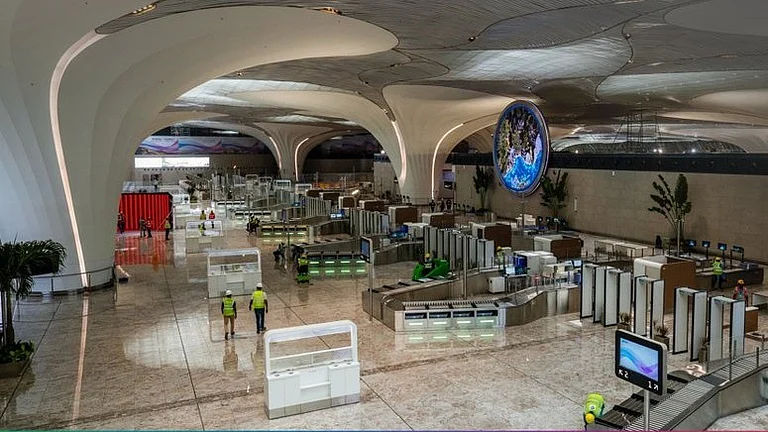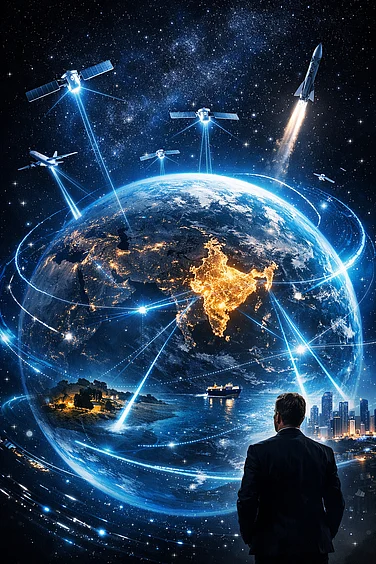
COAI urges regulation of OTT communication services under telecom licensing framework
Proposes OTT authorisation category in Unified Licence for interception and data retention
Warns unregulated WhatsApp, Telegram, Signal compromise lawful interception and security mandates
OTT providers counter telecom-style licences hurt end-to-end encryption and innovation
The Cellular Operators Association of India (COAI), representing Reliance Jio, Bharti Airtel and Vodafone Idea, has called on the government to bring over‑the‑top (OTT) communication services, such as WhatsApp, Telegram and Signal, under the formal regulatory framework that governs traditional telecom operators.
In a statement issued Monday, COAI described these apps as the “weakest link” in the country’s communication security, warning that their exemption from telco licensing requirements undermines lawful interception, subscriber verification and domestic data retention mandates essential for counter‑terrorism and crime‑fighting efforts.
COAI pointed to a recent operation in Pahalgam, where satellite‑phone signal tracking aided security forces in locating three terrorists. “If all communications channels were subject to the same security protocols, law enforcement would be better equipped to respond swiftly,” the association argued.
Under existing regulations, only licensed service providers must install interception equipment, retain user metadata and verify subscribers through government‑approved Know Your Customer (KYC) procedures. OTT platforms, which carry billions of voice and messaging transactions monthly, currently fall outside these obligations.
OTT Authorisation under Unified Licence
To close this perceived vulnerability, COAI has proposed introducing a dedicated OTT authorisation category within the unified licence regime established by the Indian Telecommunications Act, 2023. COAI director‑general S.P. Kochhar explained that a common licensing framework would “ensure fairness, enhance security and balance innovation with the country’s security needs.”
Such a regime, he added, would impose requirements for local infrastructure deployment, data retention and compliance with anti‑spam and interception orders, paralleling those already enforced on mobile and fixed‑line operators.
Representatives of several OTT providers counter that they are already governed by the Information Technology Act, 2000 and that imposing telecom‑style licences would stifle innovation and compromise end‑to‑end encryption and user privacy.
Meanwhile, the debate has intensified in parallel with a dispute between COAI and the Telecom Regulatory Authority of India (TRAI) over satellite‑communication spectrum pricing. TRAI’s recommendation to charge 4% of adjusted gross revenue for satellite spectrum was repudiated by COAI as “unfairly low” and based on “flawed assumptions”; yet TRAI has declined to revisit the proposal.
As India’s digital ecosystem grows ever more complex, with 1.2 billion wireless subscribers and an expanding array of satellite players such as Starlink, Amazon’s Project Kuiper and Airtel’s Eutelsat, the government now faces mounting pressure to harmonise regulatory oversight across all platforms that carry voice and messaging traffic.







